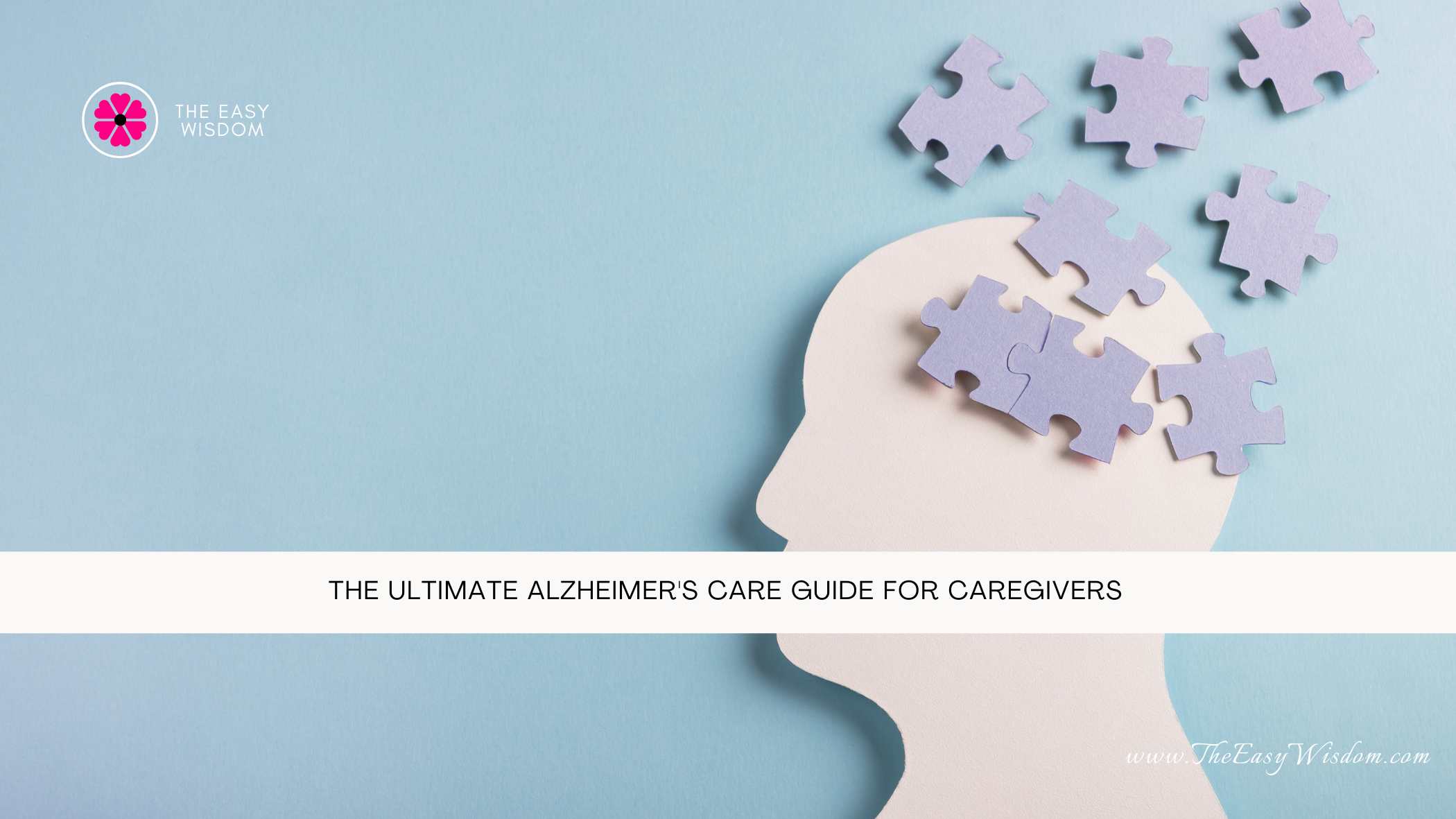Transitioning into the role of a caregiver for a loved one with Alzheimer’s disease is a profound change filled with new responsibilities and adjustments. Understanding the condition, developing the skills to manage its symptoms, and learning to navigate the emotional landscape are crucial aspects of effective caregiving. As you equip yourself with knowledge and resources, you will find ways to provide compassionate care while also taking steps to maintain your well-being. Below, we offer guidance tailored for those embarking on this caregiving journey. Here is the Alzehimer’s Care Guide:
Understanding Alzheimer’s Disease: The Basics for Caregivers
When assuming the role of an Alzheimer’s caregiver, it’s vital to begin with a fundamental understanding of the disease. Alzheimer’s is a progressive neurological disorder that gradually impairs memory and cognitive functions. It affects millions of individuals worldwide, rendering them increasingly dependent on their caregivers for daily living.
One of the first steps is to learn what does Alzheimers do to the brain, as it helps explain the changing behaviors and capabilities of your loved one. The disease typically starts with mild memory loss and can eventually lead to the loss of the ability to carry on a conversation and respond to the environment.
Education on the stages of Alzheimer’s, potential treatment options, and ways to manage symptoms can significantly impact the quality of care provided. Caregivers should seek credible sources of information, engage with healthcare professionals, and consider joining support groups for additional guidance.
Creating an Alzheimer’s Friendly Environment at Home
Designing a safe and supportive home environment is central to Alzheimer’s care. As the disease advances, it’s common for individuals to become disoriented, increasing the risk of accidents. Thus, creating a space that minimizes such risks is essential.
Some measures include installing locks on cabinets containing harmful substances, placing safety gates at stairs, and ensuring adequate lighting throughout the home. Additionally, simplifying the living space by decluttering can help prevent falls and confusion. Meal delivery services can be of great help in making sure they receive nutritious food every day,
Adapting to your loved one’s changing abilities might mean reorganizing rooms to make them more accessible or labeling drawers and doors to aid in navigation. Memory aids, such as photo albums and familiar objects, can also be comforting and help in maintaining cognitive engagement.
Essential Communication Strategies for Alzheimer’s Care
Communication takes on a new level of importance when caring for someone with Alzheimer’s. As verbal skills decline, other forms of connection must be strengthened. Nonverbal cues, such as eye contact, touch, and tone of voice, become powerful tools in expressing care and understanding.
Simplifying language, speaking slowly, and using direct questions can greatly enhance communication. Patience is key, as repeating information or questions may be necessary. Caregivers should also be mindful of the emotional content of conversations, as feelings can often be discerned even if the details are forgotten.
Listening skills are equally important. Providing time for responses, encouraging nonverbal communication, and observing body language can yield insights into a loved one’s needs and well-being. In moments of confusion or agitation, redirecting attention to a positive memory or topic can be comforting.
Managing Legal and Financial Affairs for Alzheimer’s Care
Proactively addressing legal and financial matters is an essential component of Alzheimer’s caregiving. Ensuring all necessary documents are in order and wishes are legally documented can prevent complications down the road. Power of Attorney, living wills, and advance directives are just some documents to consider.
Financial planning becomes increasingly critical as the cost of care may rise over time. Budgeting for potential expenses, exploring insurance coverage, and investigating benefits that can aid in covering costs should be done early in the diagnosis.
Finally, it’s often advisable to engage the services of legal and financial professionals who specialize in elder care. Their expertise can be invaluable in navigating the complex web of healthcare, estate, and benefit laws affecting those with Alzheimer’s.
Altogether, caring for a family member with Alzheimer’s is a significant undertaking that demands much from caregivers. However, by understanding the condition, staying emotionally grounded, creating a safe home environment, employing effective communication techniques, and efficiently managing legal and financial affairs, caregivers can provide their loved ones with the love and support they need during this challenging time.
